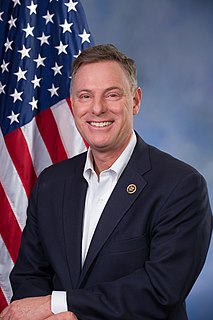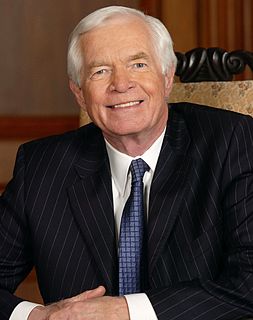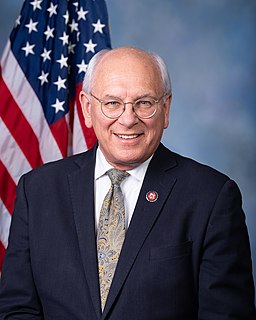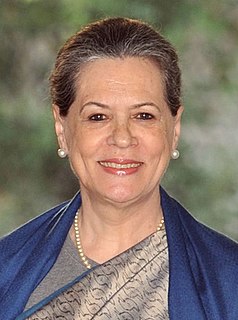A Quote by Caroline Lucas
Addressing the climate and biodiversity crises requires us to radically change our economic models, moving away from economic growth as the over-riding measure of progress and moving instead towards improving health and wellbeing for people and nature. That means a different economic model taking us towards a sustainable economy.
Quote Topics
Health
Addressing
Away
Biodiversity
Change
Climate
Crises
Different
Economic
Economic Growth
Economic Models
Economy
Growth
Health And Wellbeing
Improving
Instead
Means
Measure
Model
Model T
Models
Moving
Moving Away
Moving In
Nature
Our
Over
People
Progress
Radically
Requires
Riding
Sustainable
Taking
Towards
Us
Wellbeing
Related Quotes
To change our national economic story from one of financial speculation to one of future growth, we need a third industrial revolution: a green revolution. It will transform our economy as surely as the shift from iron to steel, from steam to oil. It will lead us toward a low-carbon future, with cleaner energy and greener growth. With an economy that is built to last - on more sustainable, more stable foundations
Fundamentally transforming the foundations of the economy is the biggest contribution we can make towards building a sustainable future. The current economic crisis may be painful, but it will be nothing compared with the crises we will face if we continue to grow in a way that threatens the life-support systems on which we rely
In a democracy the responsibility for the Government's economic policies, which so affect the economy, normally rests with the elected representative of the people: in our case, with the President and the Congress. If these two follow economic policies inimical to the general welfare, they are accountable to the people for their actions on election day. With Federal Reserve independence, however, a body of men exist who control one of the most powerful levers moving the economy and who are responsible to no one.
To be equitable, economic growth has to be sustainable. To be sustainable, economic growth has in turn to be all-inclusive. All-inclusive is no longer the greatest good of the greatest number. It is actually 'Sarvodaya' or the 'rise of all'. This Mahatma Gandhi saw as essential to Satyagraha itself.

































